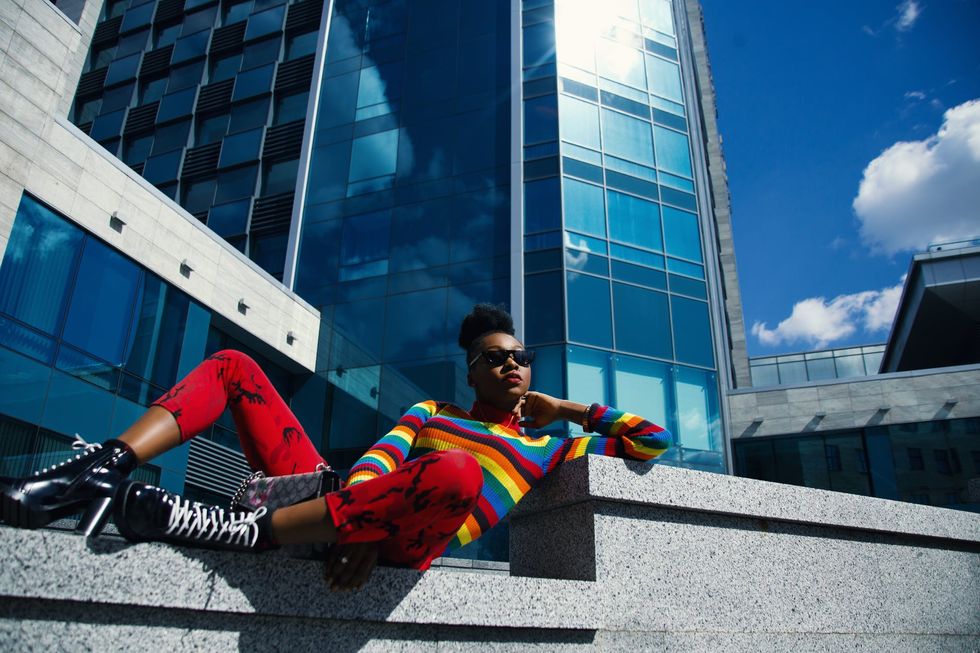In the last ten or so years, well ever since the existence of "The Big Bang Theory," there's been a new fascination with nerds.
When I was growing up in the 1990s, the nerds were the kids who were smart, the kids who the popular crowd cheated off of during tests. At other schools, nerds were the ones constantly bullied and manipulated.
Popular movies of the time gave all nerds certain looks and characteristics. Nerds wore glasses and metal braces. They had a wardrobe full of polyester, wool, plaid, and suspenders. They used pocket protectors. They had no social skills. With the onset of movies like "American Pie," nerds could now be male or female. However, last but not least, nerds were always white and they retained that label for the rest of their lives.
It wasn't until about five years ago that people of color started identifying themselves as nerds as well. We had Steve Urkel from the TV show "Family Matters," but he was often described with every other adjective but what he was: a nerd.
Currently, black nerds are different in that they claim the nerd identity for being smart in one subject. For example, a black person who reads large quantities of comic books as a child now calls themselves nerds.
The definition and presentation of a nerd have changed. The longevity of being a nerd has changed as well. One can trade in the nerd title once they achieve success in STEM fields. They are then known as their field title instead of being coined a nerd. However, for those who don't find commercial success because of their knowledge are still nerds.
I think one reason for the change in definition is time. As time passes the meanings of all words change to reflect a new generation. I believe the other reason for the change is the new generation themselves redefining a word that left them out of its original definition.
With the word nerd, I believe both forces are at play. The arrival of the 21st Century changed the meaning of many long-held definitions. In the 1960s and 1970s, we had Squares. Those puritan straight-laced kids from movies like "Pleasantville" and "Cry Baby" who upheld the status quo no matter what.
Then the 1980s and 1990s came from Nerds. Showcased in movies like "Sixteen Candles," "The Breakfast Club," and shows like "Saved By The Bell." The 2000s brought forth Introverts. Smart people who spent their lives bullied by the popular kids until we started writing inspirational books like "Quiet: The Power of Introverts in a World that Can't Stop Talking" and get high powered jobs to justify the social rejection we always faced.
No matter how one comes to be a nerd, nerds have taken over popular culture for a change. Every superhero movie that comes out? A nerd created those characters. Every show that comes out? Marketing Execs slaved over endless numbers to satisfy the payout. Every Doctor that treats you? Had their noses buried in books to get that far? Nerds are everywhere.
The only questions now are what kind of nerd are you, and what will you be called 20-40 years from now.

























